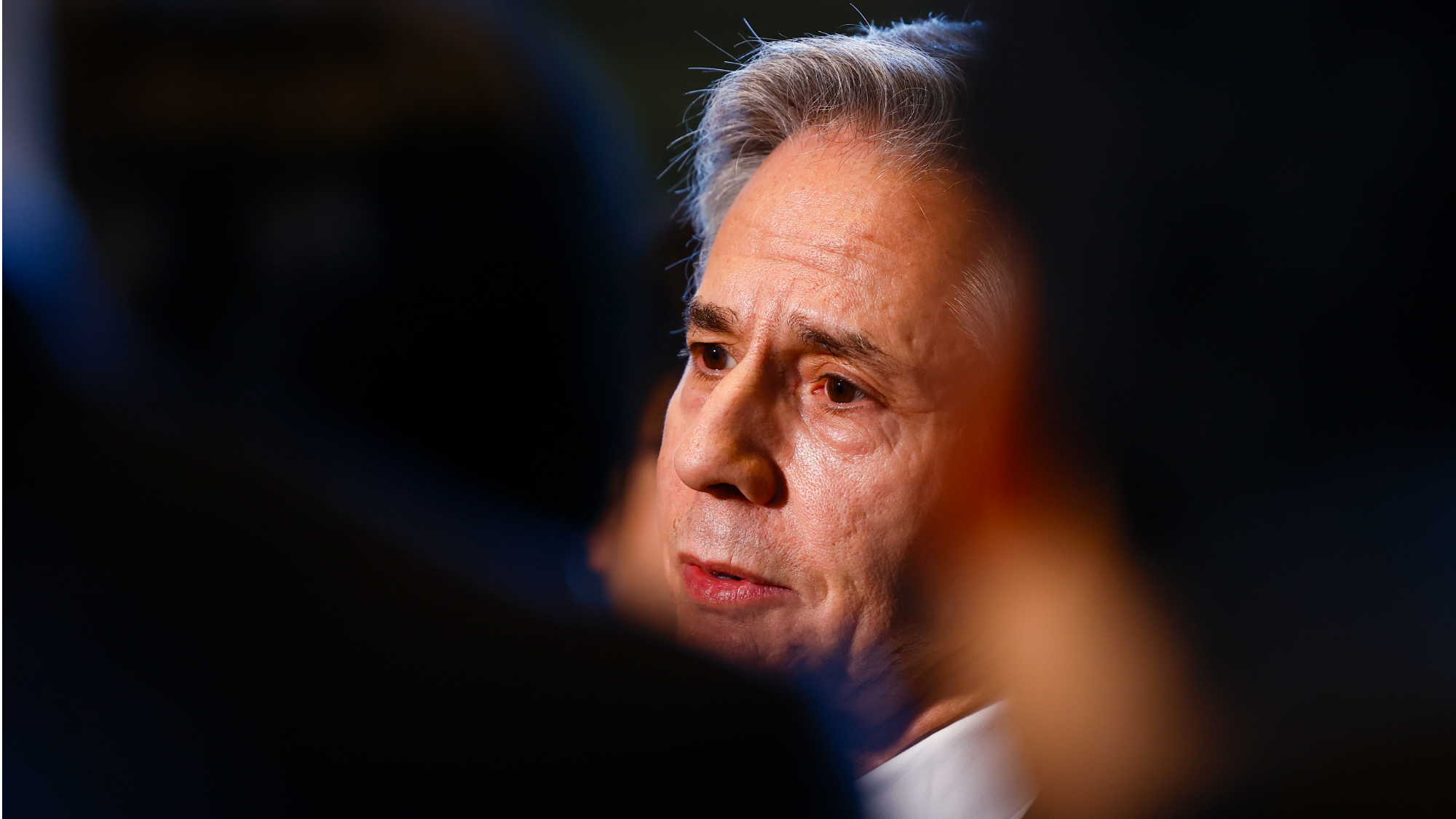
WASHINGTON/TOKYO - US President Joe Biden's decision to block Nippon Steel's $14.9 billion bid for US Steel cast a shadow over Secretary of State Antony Blinken's visit to Japan on Tuesday for farewell meetings with Washington's most important ally in Asia.
On Monday, Japanese Prime Minister Shigeru Ishiba described Biden's decision to block the sale of US Steel to Nippon Steel as "perplexing".
Meetings
Accompanied by White House National Security Adviser Jake Sullivan, Blinken met Japan's Foreign Minister Takeshi Iwaya in Tokyo followed by meetings with other senior Japanese officials including Ishiba.
READ MORE: Nippon Steel, US Steel sue Biden administration over blocked deal
Seven trips to Japan over the last four years "is evidence not just of the importance, but of the centrality the United States attaches to our partnership. President Biden asked me to come on this last trip to underscore that," Blinken told Iwaya.
"We have, between our two countries, a partnership that started out focusing on bilateral issues, that worked on regional issues and that now is genuinely global," he added.
Ahead of his trip, the State Department said that Blinken wanted to build on the momentum of US-Japan-South Korea trilateral co-operation.
In Seoul on Monday, Blinken reaffirmed confidence in South Korea's handling of its political turmoil as investigators there sought to extend a warrant for the arrest of impeached President Yoon Suk-yeol.
Tension, limited damage from Nippon Steel decision
Nippon Steel and US Steel filed a lawsuit on Monday charging that Biden violated the US Constitution by blocking their $14.9 billion merger through what they termed a sham national security review. They called for the US federal court to overturn the decision.
Nicholas Szechenyi, a Japan expert at Washington's Center for Strategic and International Studies, said Biden's decision would make Blinken's Tokyo visit "awkward."
However, "Japan won't let the Nippon Steel decision poison the US-Japan relationship; it's too important for Japan's national security," he said.
After meeting Ishiba at his residence on Tuesday, Blinken did not respond to questions shouted by reporters about the potential impact of Biden's US Steel decision on bilateral ties.
They discussed security and economic ties including the "importance" of Japanese investments in the United States, according to a Japanese government press release.
A Japanese diplomat told Reuters Biden's decision could chill foreign direct investment, but hoped close US-Japan relations would continue, with a strong emphasis on re-establishing the strong ties with Trump seen during his previous administration.
Business lobbies in both Japan and the US pushed hard for the merger, backing their arguments with warnings about the effect on the US-Japan relationship.
READ MORE: Nippon Steel to challenge Biden's decision to block US Steel acquisition
But the merger faced opposition from both Biden and Trump, who was assiduously courted by Japan in the run up to his re-election.
Trump reiterated after his election win that he was "totally against" the merger and vowed to block it as president and support US Steel with tax breaks and tariffs.
A former senior official in Trump's first administration told Reuters he believed Trump would have taken the same approach as Biden.


